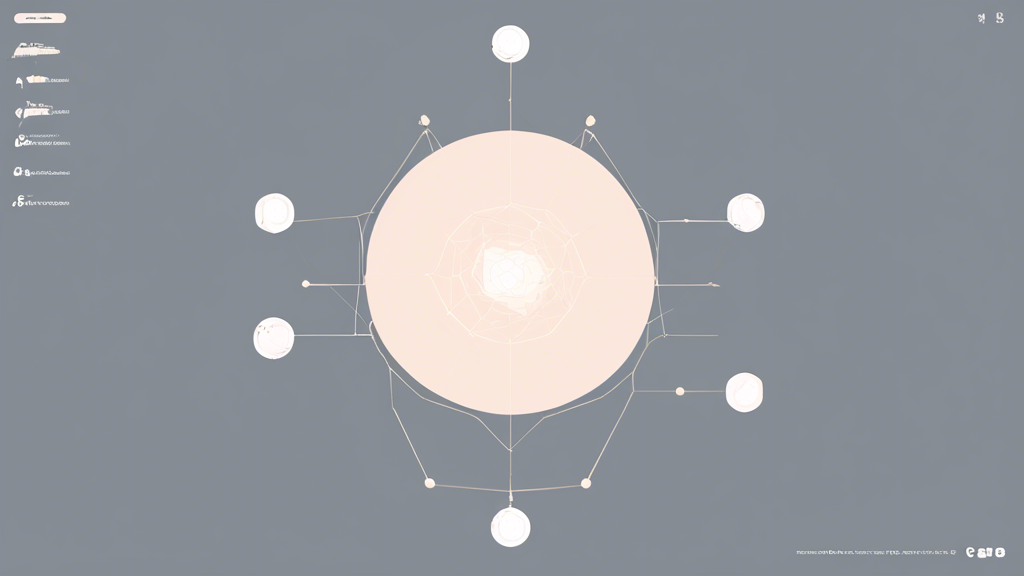Understanding FrontierMath: A New Benchmark for AI
Epoch AI, in collaboration with over 60 prominent mathematicians, has introduced a groundbreaking benchmark named FrontierMath designed to rigorously test AI systems’ mathematical abilities. This benchmark features a collection of intricate mathematical problems that demand a deep understanding and advanced problem-solving capabilities. FrontierMath is a significant step forward for those studying and developing AI, presenting a formidable challenge even for skilled human mathematicians.
FrontierMath stands out due to its inclusion of unpublished problems, each crafted to ensure that AI systems face unprecedented challenges. This prevents any prior exposure to the problems, ensuring that the assessment of AI’s abilities remains unbiased. Moreover, the benchmark covers a broad spectrum of mathematic fields including number theory and algebraic geometry, thus offering a comprehensive examination of AI’s mathematical prowess.
The Complexity and Challenges for AI
What sets FrontierMath apart is the complexity of its problems. The difficulty level of these problems is immense, often requiring hours or even days for experienced mathematicians to solve. The problems are also rated on various dimensions such as the mathematical background needed, the level of creativity required, and the complexity involved in executing a solution. This rating system provides detailed insights into where AI models stand in terms of their mathematical reasoning capabilities.
Despite advancements in AI, leading AI models, including some of the most advanced systems like GPT-4, have struggled, successfully solving less than 2% of these problems. This highlights a substantial gap in AI’s current capabilities when it comes to solving complex mathematical problems. The poor performance of these AI models on FrontierMath underscores Moravec’s Paradox, which illustrates that tasks simple for humans pose significant challenges for machines.
The Expert Perspective and Future Directions
Prominent mathematicians, such as Terence Tao and Timothy Gowers, have been vocal about their skepticism regarding AI’s ability to tackle FrontierMath problems autonomously. They propose that collaboration between human intuition and AI’s computational power might be the key to addressing these challenges more effectively. Their insights are crucial in the ongoing discourse about the role of AI in mathematical reasoning and problem-solving.
As AI continues to evolve, FrontierMath serves as a catalyst, pushing the boundaries of what AI can achieve. Epoch AI plans to expand this benchmark and regularly test AI systems to track their progress, offering new problem sets to identify strengths and areas for improvement in AI’s mathematical reasoning. This will likely contribute to the development of more sophisticated tests and will propel efforts to bridge the gap between AI and human cognitive abilities in the realm of mathematics.
Ultimately, FrontierMath is more than just a benchmarking tool; it is a call to action for the AI research community. It represents an acknowledgment of the complexities involved in truly understanding and replicating human intellectual processes in machines. As researchers and developers delve deeper into this field, FrontierMath will continue to be a critical measure of progression and inspiration for innovation.
